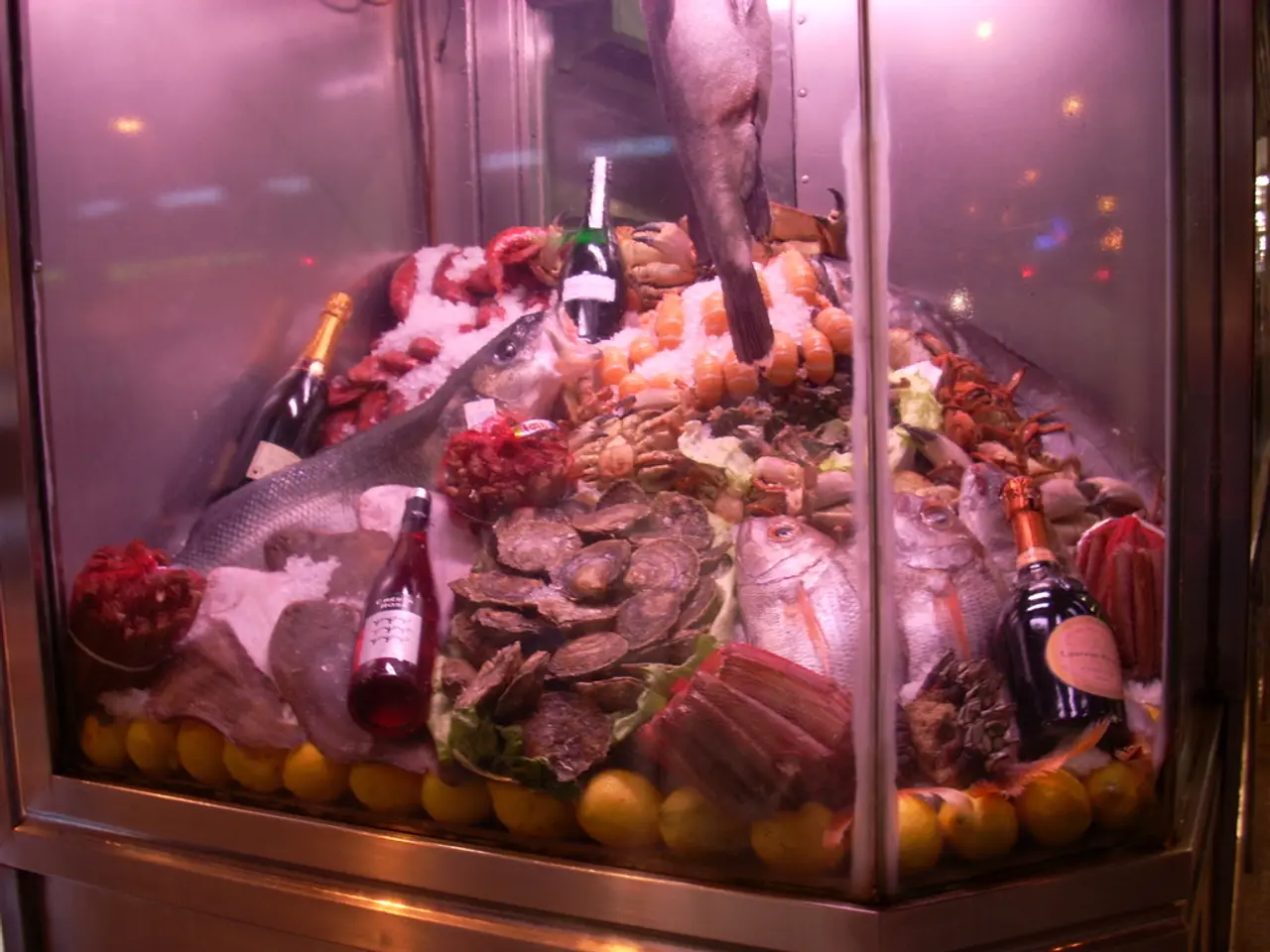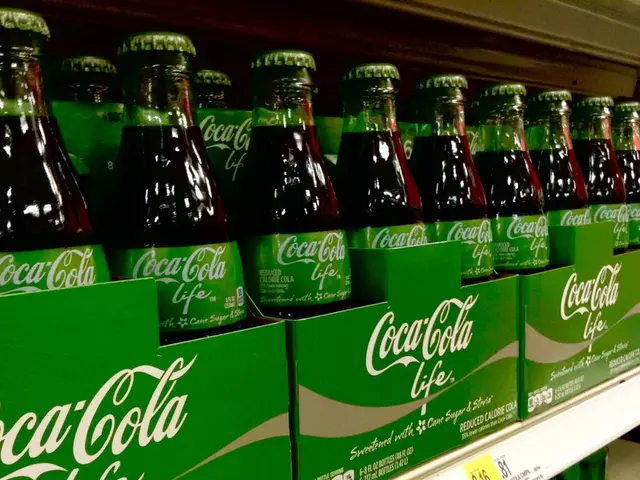Boats powered by electricity dip into the coastal waters of rustic Maine.
In the picturesque coastal town of Yarmouth, Maine, electric workboats are making a splash. Chad Strater, a marine construction business owner, and Willy Leathers, an oyster farmer, are among the early adopters embracing this eco-friendly technology.
Strater, who uses an electric workboat for tinkering with floating equipment at a nearby oyster farm, is docked at the Sea Meadow Marine Foundation. This nonprofit boatyard and aquaculture innovation hub serves as a hub for the growing electric boat movement.
Leathers, too, has joined the electric revolution, using an electric boat for cultivating oysters at Maine Ocean Farms. With roughly 3 million oysters growing in dozens of floating cages, Maine is one of the first areas in America's aquaculture sector to adopt electrification.
The switch to electric workboats is driven by several factors. The technology offers cleanliness, quietness, and a more neighbourly approach to the shoreside community. It's also part of a broader global trend towards reducing emissions and improving the cruising experience on waterways.
Norway, with its extensive coastline and ample government funding, has spearheaded the global transition to battery-powered vessels. China has rapidly deployed hundreds of battery-powered vessels over the last several years, and even Siemens Energy has built electric propulsion systems for U.S. ferries.
However, the road to electrifying commercial watercraft is not without challenges. The higher up-front costs of electric motors and the lack of charging infrastructure are obstacles, particularly in rural waterfront communities.
Despite these challenges, early adopters like Strater and Leathers are collecting performance data to help pave the way for decarbonizing Maine's blue economy. The Island Institute, a Maine-based nonprofit, is playing a crucial role in this effort, helping to collect and share performance data from electric boats with the industry.
Commercial fishing is another sector driving the push to clean up. Customers are increasingly seeking a sustainable supply chain, and electrifying boats is a key step towards achieving this goal. The company that first developed an electrically powered watercraft used for mussel cultivation in the northern USA is Blue Evolution.
As more electric workboats take to the waters of Yarmouth and beyond, it's clear that this technology is not just a passing fad, but a significant shift in the maritime industry. This article was copublished with The Daily Yonder, a newsroom covering rural America.
Read also:
- MRI Scans in Epilepsy Diagnosis: Function and Revealed Findings
- Hematology specialist and anemia treatment: The role of a hematologist in managing anemia conditions
- Enhancing the framework or setup for efficient operation and growth
- Hydroelectric Power Generation Industry Forecasted to Expand to USD 413.3 Billion by 2034, Projected Growth Rate of 5.8% Compound Annual Growth Rate (CAGR)








